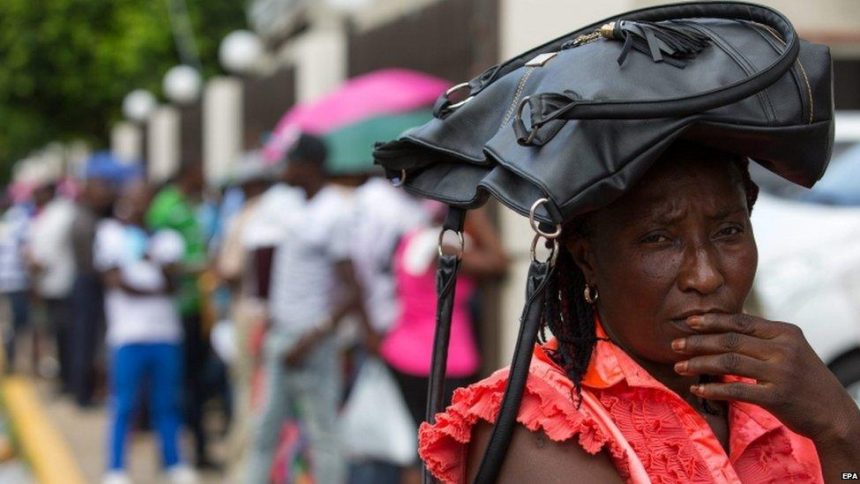The Dominican Republic announced on Wednesday that it will begin large-scale deportations of Haitians living in the country illegally, with plans to expel up to 10,000 people per week.
Government spokesperson Homero Figueroa explained that the decision was made due to what the government described as an “excess” of Haitian migrants in the country, which shares the island of Hispaniola with Haiti.
Figueroa noted that the increase in Haitian migrants is partly due to the struggling police mission in Haiti aimed at combating gang violence. He also mentioned plans to enhance border control and surveillance, although no specific details were provided.
Last year, the Dominican Republic deported more than 174,000 individuals it identified as Haitians, and at least 67,000 more have been expelled in the first half of this year.
Human rights activists have long criticized President Luis Abinader’s administration, accusing it of violating the rights of Haitians and those of Haitian descent born in the Dominican Republic. They argue that the country’s immigration policies are discriminatory and racially motivated.
Abinader has denied allegations of mistreatment.
This announcement follows Abinader’s remarks at the UN General Assembly last week, where he vowed to take “drastic measures” if the mission in Haiti fails.
Haiti has been grappling with severe gang violence, with 80% of its capital, Port-au-Prince, under gang control. The violence has displaced nearly 700,000 Haitians and forced thousands more to flee the country in recent years.





